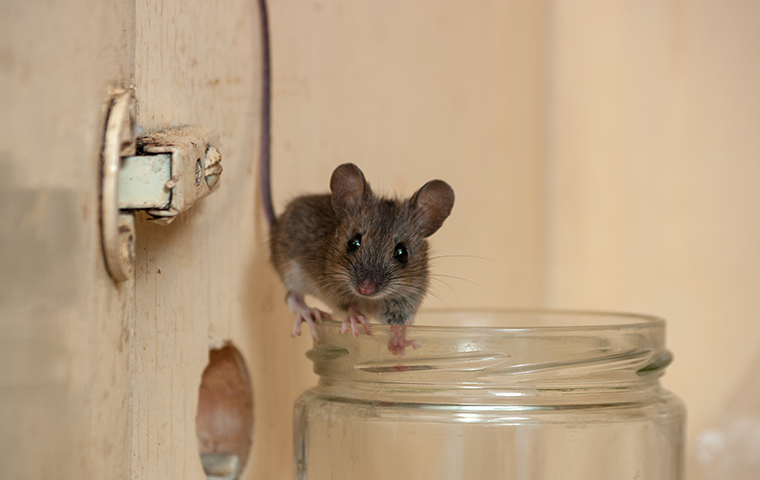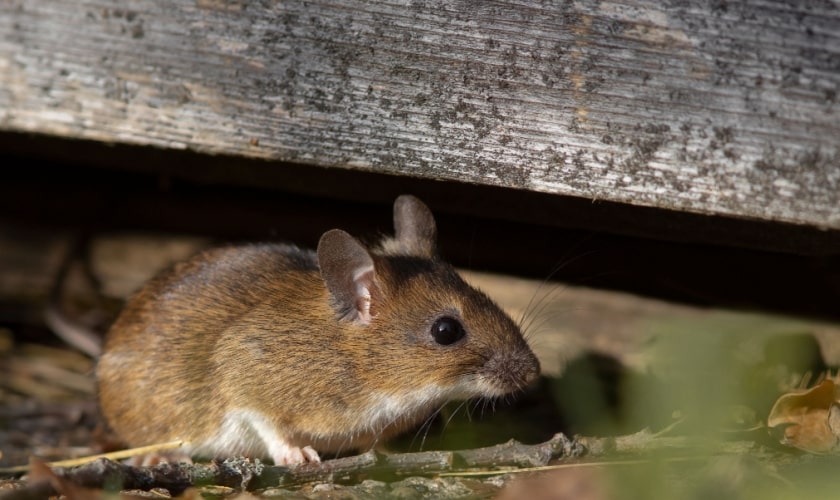As an Airbnb host, keeping your rental property free from pests is vital for providing excellent hospitality. Pests can ruin your guests' experience and damage your reputation as a host. That's why having a detailed Airbnb pest control checklist is crucial for ensuring a pest-free environment and maintaining guest satisfaction.
In this guide, we'll cover key aspects of pest control that every Airbnb host should consider, from preventive strategies to managing guest complaints related to pests. We'll provide practical tips to help you maintain a pest-free space for your visitors.

Why Is a Pest Control Checklist Important?
A pest control checklist is essential for various reasons. Firstly, it helps you stay organized and prevents you from forgetting important pest prevention steps. By following a checklist, you can proactively tackle potential pest issues before they escalate.
Additionally, a thorough checklist can be a valuable resource for training your cleaning staff or any external service providers. Clear pest control instructions empower your team to perform their tasks effectively, ensuring your property remains pest-free.
Key Elements of an Airbnb Pest Control Checklist
1. Regular Inspections
Regular inspections form the backbone of any successful pest control strategy. Conduct comprehensive inspections of your property at least once a month, focusing on areas where pests are likely to hide, such as kitchens, bathrooms, and basements. Be on the lookout for signs of infestations, like droppings, nests, or property damage.
If you're uncertain about how to perform inspections, consider hiring a professional pest control service for assistance. Their expertise can help identify potential pest problems that you might overlook.
2. Proper Waste Management
Effective waste management is key to preventing pest invasions. Make sure all waste bins have tightly sealed lids to deter pests from accessing food scraps. Regularly empty and clean these bins to eliminate odors that can attract pests.
Moreover, inform your guests about proper waste disposal methods by including clear instructions in your propertys guest manual. Encourage them to dispose of their trash responsibly and avoid leaving food out in the open.
3. Sealing Entry Points
Pests can infiltrate your property through even the tiniest openings. Conduct a thorough inspection of your property's exterior to identify and seal any cracks or gaps in walls, windows, and doors. Pay particular attention to areas where utility lines enter the structure, as these are common access points for pests.
Using weatherstripping on doors and windows and installing door sweeps can further help prevent pest entry. These simple but effective measures can significantly lessen the risk of infestations.
Handling Pest-Related Guest Complaints
Even with the best precautions, guests may occasionally encounter pests during their stay. It's crucial to address these situations promptly and professionally to maintain guest satisfaction and protect your reputation.
When a guest reports a pest problem, quickly acknowledge their concern and apologize for the inconvenience. Assure them that you're taking immediate steps to resolve the issue. It's important to contact a professional pest control service to address the problem as soon as possible.
As a goodwill gesture, consider offering the affected guest a discount or complimentary service. This can help mitigate the situation's negative effects and show your commitment to a positive guest experience.

Additional Resources for Hosts
For more ways to keep your Airbnb pest-free, check out mice hole materials. This resource provides significant insights and techniques for pest prevention in your rental property.
You can also read about rodent control without chemicals, which might inspire some innovative pest management strategies.
In addition, explore DIY cinnamon repellent recipes to create a more pest-free atmosphere naturally.
For expert tips on handling bed bugs in rentals, don't miss this helpful article.
FAQ Section
1. How often should I conduct pest inspections?
It's advisable to conduct pest inspections at least once a month. Regular inspections help identify potential pest problems early, allowing for timely intervention.
2. What should I do if a guest reports a pest issue?
If a guest indicates a pest problem, promptly acknowledge their concern and take immediate action to resolve the issue. Contact a pest control service and consider compensating the guest for their inconvenience.
3. Can I handle pest control myself, or should I hire a professional?
While certain basic pest control measures can be undertaken by yourself, enlisting the help of a professional pest control service is recommended for thorough inspections and effective treatment. Professionals have the necessary expertise and tools to manage pest problems effectively.
